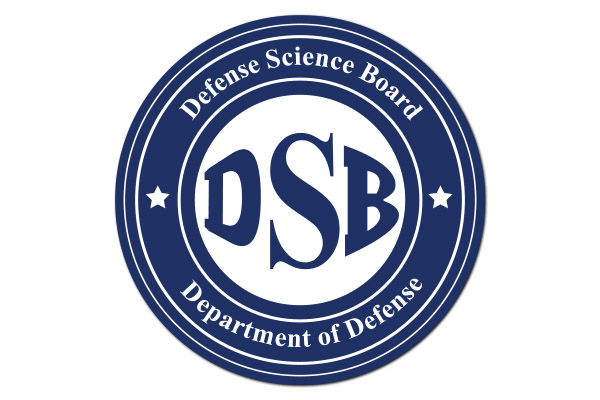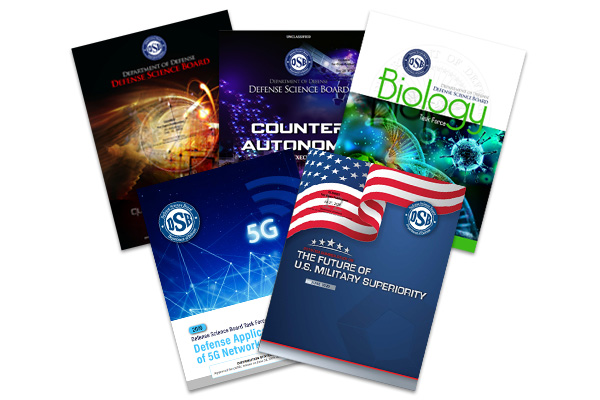The Defense Science Board (DSB) is charged with solving tough, technical, national security problems for the Secretary of Defense, the Deputy Secretary of Defense, the Under Secretaries of Defense, the Chairman and Vice Chairman of the Joint Chiefs of Staff, and other senior Department officials. Established in 1956 on recommendation of the Hoover Commission, the DSB is not only the longest serving advisory board in the Office of the Secretary of Defense, but the leading body in providing science and technology (S&T) solutions to support DoD missions and operations.
The Charter of the DSB establishes it as a discretionary board managed in accordance with the Federal Advisory Committee Act (FACA) (5 U.S.C., Appendix). The strength of the DSB lies in the expertise of the members, selected in accordance with the Membership Balance Plan, who bring their knowledge in their respective fields to studies and assessments that yield actionable recommendations to support DoD and Administration priorities. DSB members are preeminent leaders from academia, industry, Federally Funded Research and Development Centers (FFRDCs), University Affiliated Research Centers, and former military and government service. The DSB leverages the expertise of permanent and non-permanent members to produce studies and assessments, providing advice to the Secretary and senior leadership of the Department on matters that involve defense strategy, systems, and technology.
Each year, the DSB is tasked to study a breadth of leading-edge S&T and related policy issues critical to national security. Topics addressed by the DSB are directed by the Under Secretary of Defense (Research and Engineering) (USD(R&E)) as specified in Terms of Reference (ToR) that define the challenge to be addressed. At the conclusion of studies, the DSB produces briefings and written reports which seek to assist senior leaders in achieving the Department’s missions and top priorities. Most recently, these issues have included advanced capabilities for potential future conflict, the use of generative artificial intelligence, the revitalization of the defense industrial base, the integration of commercial space systems, the use of digital engineering tools, the future of cyber warfare, and the emergence of novel biotechnologies in warfare.
Throughout its history, the DSB has anticipated pivotal technological and doctrinal trends in future competition and conflict and continues to play a recognized role in assisting the Department in solving its most vexing science and technology challenges. The DSB provides innovative solutions for national security, always looking to address the issues of today, those on the horizon, and beyond.



